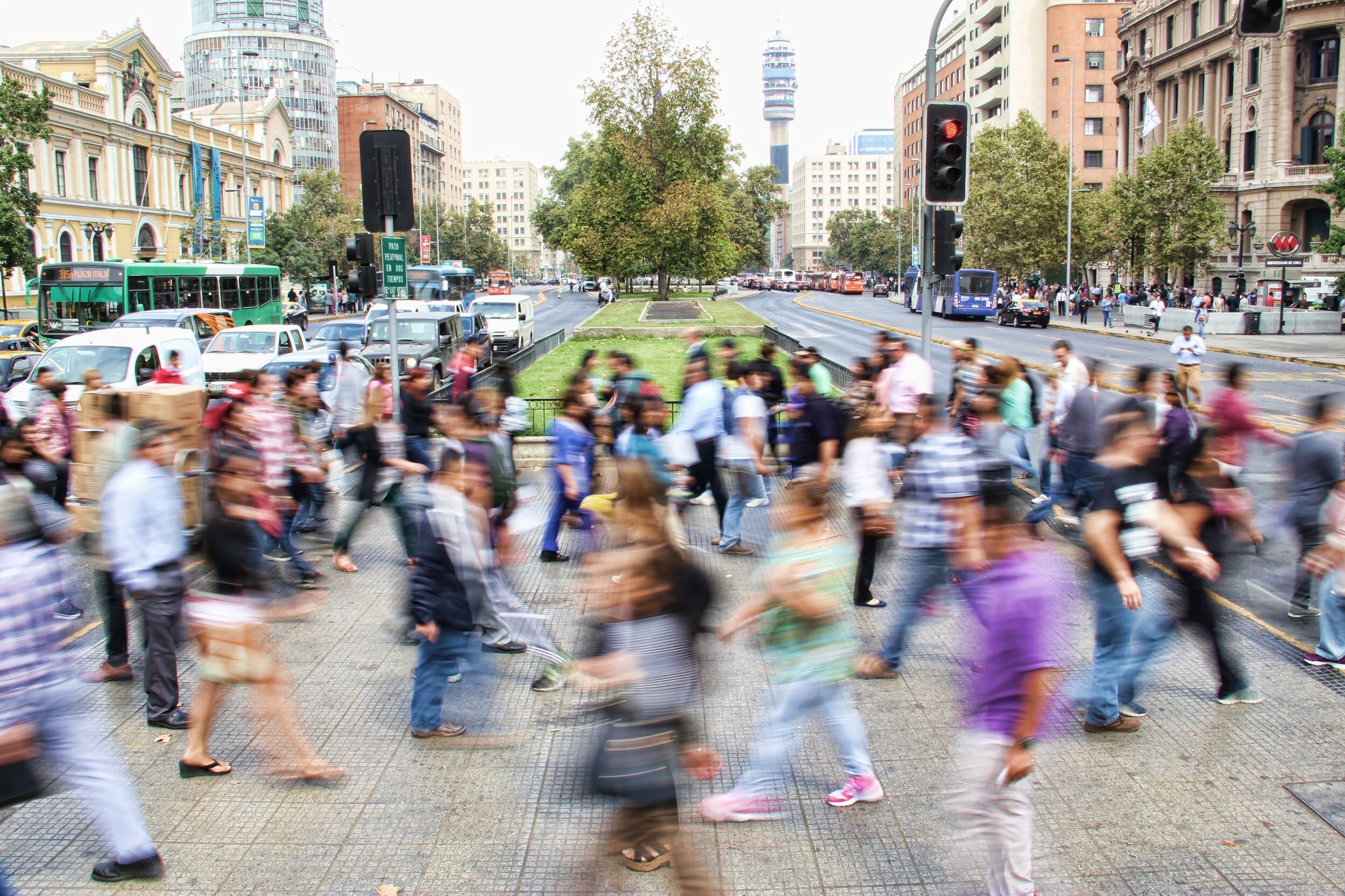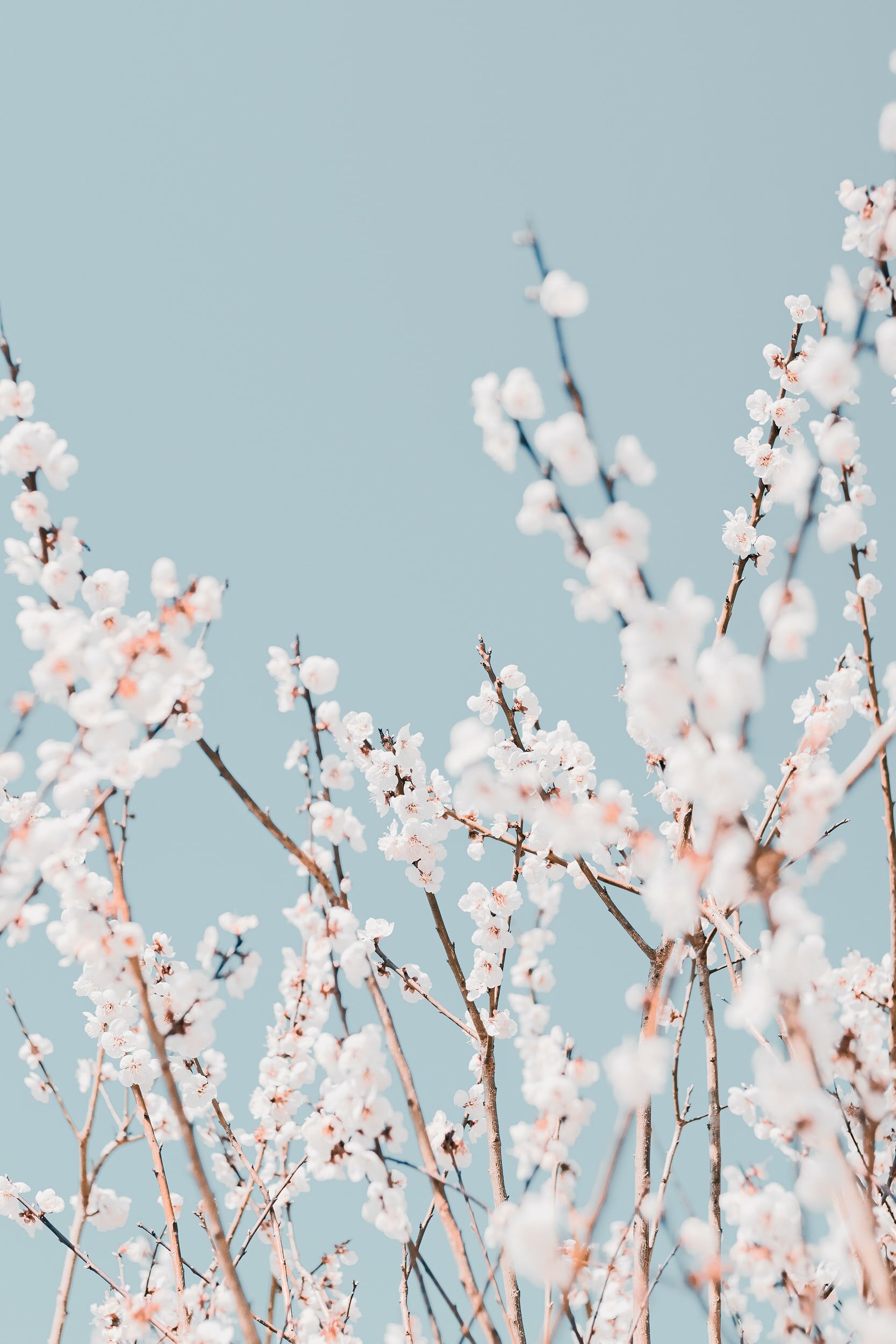Uncomfortability
I’m Chinese Hawaiian American. I was born in California, but grew up in a small rural town in eastern Washington that remains predominantly conservative and white. I knew I was different when I was outnumbered on the playground. There were far more of them with pale skin, blond hair, and blue eyes compared to my tan skin, dark hair, and smaller dark eyes. Yet, I could still keep up with them. I could run laps around the playground, be a champion at tetherball, and jump rope through the whole Cinderella chant “Cinderella dressed in yellow, went upstairs to kiss her fellow. Made a mistake and kissed a snake. How many doctors did it take? 1,2,3,4,5…” I remember feeling some kind of way in high school when we had to do a project where we had to make and bring food that represented our ethnicity. I stood alone with some sweet and sour meatballs and white rice while the other kids grouped together, laughing as they gobbled up their pasta and German sausages and French baguettes. It went on for about an hour until the bell rang.
I studied English Literature and Creative Writing as an undergrad while flipping burgers at a fast-food joint and simultaneously working as a Residential Assistant at a Japanese women’s university. I grew accustomed to taking on multiple tasks, switching from one thing to another, trying to save a burger from burning to a student who might have felt a bit homesick.
After undergrad, not knowing anything about Korean history, I moved to Seoul, South Korea to teach English at a private school. I was able to travel across the DMZ to North Korea and to neighboring countries as well. This opportunity opened my eyes to new experiences, new cultures, and being around people who looked like me, but who were not always the same ethnicity as I was. Some Koreans would assume that I was Chinese because my skin was darker than theirs. When I told them they were correct in their assumption, they would start speaking Mandarin “Ni hao”. “I don’t speak Mandarin” I would respond “But, I understand some Cantonese” convincingly. Not convincing enough when they realized I knew enough keywords, but not enough to hold my own in a five-minute conversation, often stopping. Often apologizing that I didn’t know. Apologizing that I couldn’t continue. “Ah, you’re American. Ok.”
A year later, I moved back to the States. I went to grad school in San Francisco with the intention to study post colonial literature and quickly veered to focus on trauma, testimony, and memoir. I was hooked on these topics after reading a book where the main protagonist is struggling to remember her experience of moving to the States, documenting her mother’s thoughts, and piecing together their memories. I remember there was a lot of discussion of prioritizing experience and emotions, a lot of mourning, and the attempt of trying to understand history. This fueled my thesis.
My work addressed the questions: how can we discuss atrocities, its aftermath, and the mark it leaves on someone from multiple perspectives? Why are testimonies and memoirs crucial for our society?
Currently, I work in higher education in a leadership role, supporting a team and coordinating a program. Over the last decade, I’ve had jobs where DEI work takes center stage. My sense of self is also entangled in yoga, an Asian practice which has been culturally appropriated by upper middle-class white women. Quite often, I am the only BIPOC person in the room, moving through sun salutations and quoting South Asian yoga teachers who have come before me, hoping that these words from a different culture resonate with the crowd that I am in.
I say all of this to acknowledge how I benefit from white supremacy while simultaneously falling victim to it. I am aware of how I look and conscious of how I am perceived. I can navigate spaces where I might be viewed as “other”. I know that the model minority myth can give me an advantage, but also damage me if I don’t break from the stereotype quickly enough, Swiftly enough, so I don’t rifle the assumptions all at once. Quiet, but not complacent. Hardworking, but not math-driven. Internally analyzing if it's a sincere compliment or a racial fetish. I know when and how to code- switch. I’m aware that at times, the impact can be more harmful than the initial intent. I know that White centering can prevent my voice from being heard, silencing my existence. I can keep trying to get my point across, but know that I might need more voices, more representation to help me or assistance from my white allies/accomplices. I know that diversity will get me in the room, but inclusion will not always get me to the table. I know, sometimes, white people need to hear what I’m saying from other white people.
I’m curious about how we can look at these hate crimes and acts of violence as a learning experience. How can we dismantle systemic racism without restructuring those systems that allow it to perpetuate? I urge you to: think about how you use language and how you have done so in the past? How can previous experiences teach you to unlearn and relearn new rhetoric so as not to offend or trigger or retrigger someone’s old pain that they might have covered for years? How do you access your community and can you broaden your network, and engage with people who are open to having these types of discussions? Can you be called in? Are you willing to? How can you or others be held accountable and accept this practice as a way of being better? As a way of seeing each other? Similar to yoga, how can you be comfortable with being uncomfortable?



